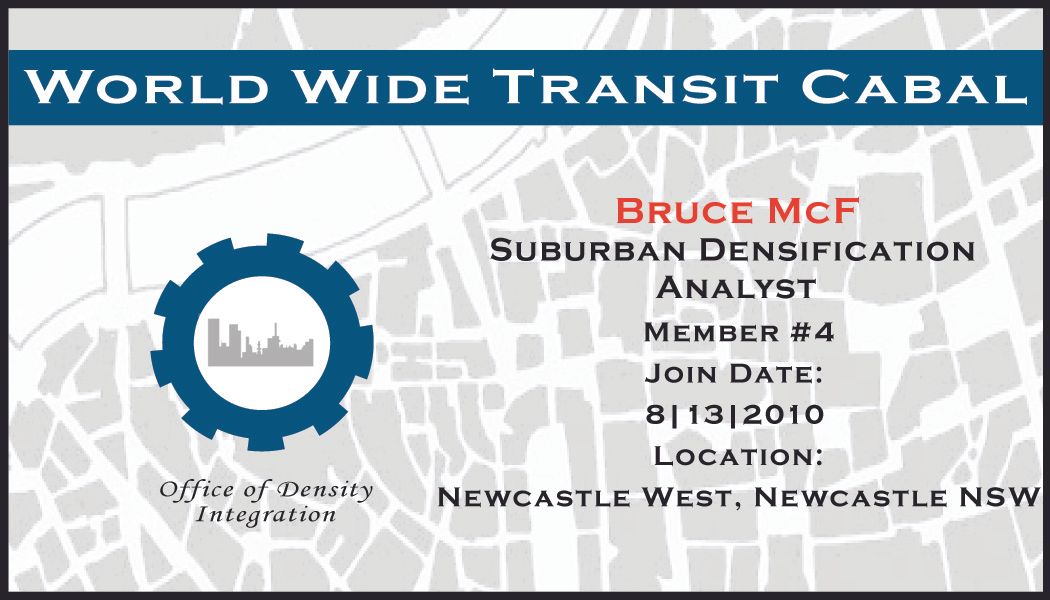Burning the Midnight Oil for the Beauty Platform
Johnny Venom, in an extended comment on a Robert Oak post at The Economic Populist, says (note ... much good stuff snipped, so click through):
My take on all this madness
What's happening here is the collision of several realities:
1. You had institutions, who years if not decades, believing the hype they built themselves to sell to their clients. ...
2. That you can't simply create your own damn financial instrument to meet a client's needs. ...
3. Derivatives products work when they are designed well and implemented on a regulated environment. ...
4. Many of these items will never be liquid. This brings us to today. The reality of the situation is that we now have to be discriminating between those derivatives that are somewhat liquid and those that aren't. The former can have mark to market, but there needs to be a proper exchange for these things. Both the CME and ICE are going to have such a thing, and these banks should be made to trade them on it to get these things off their books. As for the iliquid ones, well unless our goal is to bankrupt these banks in some attempt to punish them, we will have to facilitate either a suspension of FASB 157 for these or some hybrid. ...
5. Banks holding on to these illiquid derivative step children, that must be re-engineered, will have to realize they won't get all their money back. ...
6. Lastly, new accounting rules and financial regulations must be in place to keep in check the establishment of new positions. ...
Regarding the highlighted section, I had this response:
The goal is to have a functioning banking system ...
... composed of banking operations each of which have a balance sheet that enables it to raise funds if a credit-worth borrower walks through its doors.
Regarding bankruptcy:As for the iliquid ones, well unless our goal is to bankrupt these banks in some attempt to punish them, we will have to facilitate either a suspension of FASB 157 for these or some hybrid.
... having those banking operations is of far more important to the economy than the identify of those operations. If given money center banks are in reality insolvent, and need a fiction to avoid bankruptcy, then what we need rather than a fiction is a process for reconstituting a functioning, soundly financed banking operation from out of that mess.
Given those sound banking operations, we can leave the original shareholders and bondholders to sort out the mess under normal bankruptcy proceedings.
What this will mean, of course, is that those holding shares in bank who were playing these games ... the beneficiaries of dividend payments that should have been retained as contingency reserves and paper capital gains that they did not realize by selling the shares because they hoped for the magic roller coaster ride that always ends up at a higher point than it starts at ... they'll most likely get wiped out. Most bondholders will become equity owners of the shell of the former banking operation. If the assets regain some value they will get some return, even if they end up taking some losses on those bonds (depending on when they bought in).
And, of course, the first step toward maximizing the prospect that those dubious assets will regain some liquid value is to provide the economy with a functioning banking system, composed of banking operations with sound balance sheets.
What would we call such a process of risk-takers who made bad judgements experiencing financial losses, with the owners of insolvent firms losing all that they put into the firms and the lenders to insolvent firms receiving some but not all of their money back?
What would we call the process of bringing insolvent banks into receivership, reconstituting a sound banking operation from the morass, and leaving the original owners carrying the bag?
Now, it may not be Capitalism in fact, where the government uses the power to issue money to insure financial firms from loss ... and which may just as easily be called Wall Street Socialism.
But for the myths told about "risk taking entrepreneurs" ... there is no drama in the tales unless the risks are real risks with real consequences for failure.
So, this alternative, in deference to the myth, and for lack of a better term, I'm going to call it "Capitalism".
Forgotten Years (Blue Sky Mining, 1990)
Few of the sins of the father,
are visited upon the son
Hearts have been hard,
our hands have been clenched in a fist too long
Our sons will never be soldiers,
our daughters will never need guns
These are the years between
These are the years that were hard fought and won
Contracts torn at the edges,
old signatures stained with tears
Seasons of war and peace,
these should not be forgotten years
Still it aches like tetanus,
it reeks of politics
How many dreams remain?
this is a feeling too strong to contain


No comments:
Post a Comment